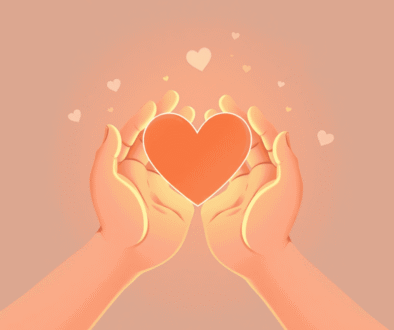Recognizing the Signs of Depression: What Everyone Should Know
Depression touches people from all backgrounds, ages, and walks of life. It’s more than just a passing mood, and the signs aren’t always obvious. Early notice can make a difference in how soon someone feels better. Recognizing these signals helps us support friends, family, and even ourselves. Anyone can experience depression. No one is immune, and it doesn’t mean someone is weak or “just sad.”
Emotional and Mental Signs of Depression
 Photo by MART PRODUCTION
Photo by MART PRODUCTION
Persistent Sadness and Hopeless Feelings
People with depression often feel sad most days. This sadness lingers and doesn’t fade with good news or happy events. It can pull us down like a heavy blanket we can’t shake off. Many describe it as emptiness or numbness. Hopelessness grows. The world feels gray, and it’s hard to imagine it ever looking bright again.
These feelings aren’t just in our heads. They affect our actions and our bodies. For more on how these symptoms shape daily life, [the NHS] provides detailed insights on psychological changes linked to depression (https://www.nhs.uk/mental-health/conditions/depression-in-adults/symptoms/).
Loss of Interest or Pleasure
Depression often steals joy from things we used to love. Maybe it’s a favorite sport, music, reading, or time with friends. Even simple pleasures like a good meal or a walk outside lose their color. We may stop making plans or drop hobbies because nothing feels fun or rewarding anymore. Life can start to seem bland and empty.
Feelings of Guilt and Worthlessness
A harsh inner critic is another sign. People with depression may find themselves thinking, “I’m a burden” or “I can’t do anything right.” They recall old mistakes and feel guilt that hangs around. Self-esteem drops. Blaming ourselves for things beyond our control becomes more common.
Trouble Concentrating or Making Decisions
Making choices or finishing tasks can feel impossible. Some feel scattered—like their thoughts are slipping through their fingers. Forgetting details, missing deadlines, or zoning out in conversations is common. When depression is strong, planning and solving problems can become a daily uphill battle. [Mayo Clinic] breaks down these struggles in detail (https://www.mayoclinic.org/diseases-conditions/depression/symptoms-causes/syc-20356007).
Physical and Behavioral Signs of Depression
Changes in Sleep and Appetite
Sleep patterns can swing wildly. Some people can’t sleep at all (insomnia), while others spend all day in bed. Nightmares or restless nights become familiar. Appetite shifts too—some lose interest in food, while others eat for comfort and gain weight. These swings are signs our body is crying out for help.
Chronic Fatigue and Low Energy
Getting out of bed may feel like climbing a mountain. Even small tasks take a lot of energy. No matter how much rest we get, we still feel tired. This kind of exhaustion goes beyond normal tiredness from a busy day.
Physical Pain and Complaints
Pain isn’t always limited to the mind. Depression can show up as headaches, sore muscles, stomachaches, or back pain. Doctors may run tests and find nothing wrong. These aches are real and linked closely to how we feel inside.
Withdrawal from Friends and Family
We may cancel plans or ignore texts and calls. It can get easier to stay alone, wrapped in our thoughts. Social situations can drain us or trigger anxiety. Withdrawing isn’t about disliking loved ones; sometimes, we just can’t face the world.
Recognizing When to Seek Help and What to Watch For
Warning Signs of Severe Depression
More severe signs signal an urgent need for support. Thoughts of self-harm, suicide, or death are never to be ignored. Some people may start organizing their belongings or give away items with special meaning. These can be silent cries for help.
The Substance Abuse and Mental Health Services Administration (SAMHSA) provides resources and a helpline for anyone in crisis.
Getting Support and Next Steps
Depression is treatable. If we notice these signs in ourselves or others, we need to reach out. Talk to a trusted friend, family member, or mental health professional. Primary care doctors can start the conversation if we’re unsure where to go. Many organizations and hotlines offer help. For a clear overview of signs and when to get support, Piedmont Healthcare shares helpful advice.
Helpful contacts:
- National Suicide Prevention Lifeline: 1-800-273-TALK (8255)
- SAMHSA Helpline: 1-800-662-HELP (4357)
Hope Beyond Depression
Depression can feel endless. It’s real, and it’s serious, but it doesn’t last forever. With help, healing is possible. We are not alone—even if it feels that way. Support, treatment, and understanding can lead us back to joy again. Spotting the signs early can lead to light at the end of the tunnel. Reaching out is brave. It’s the first step to feeling better.


